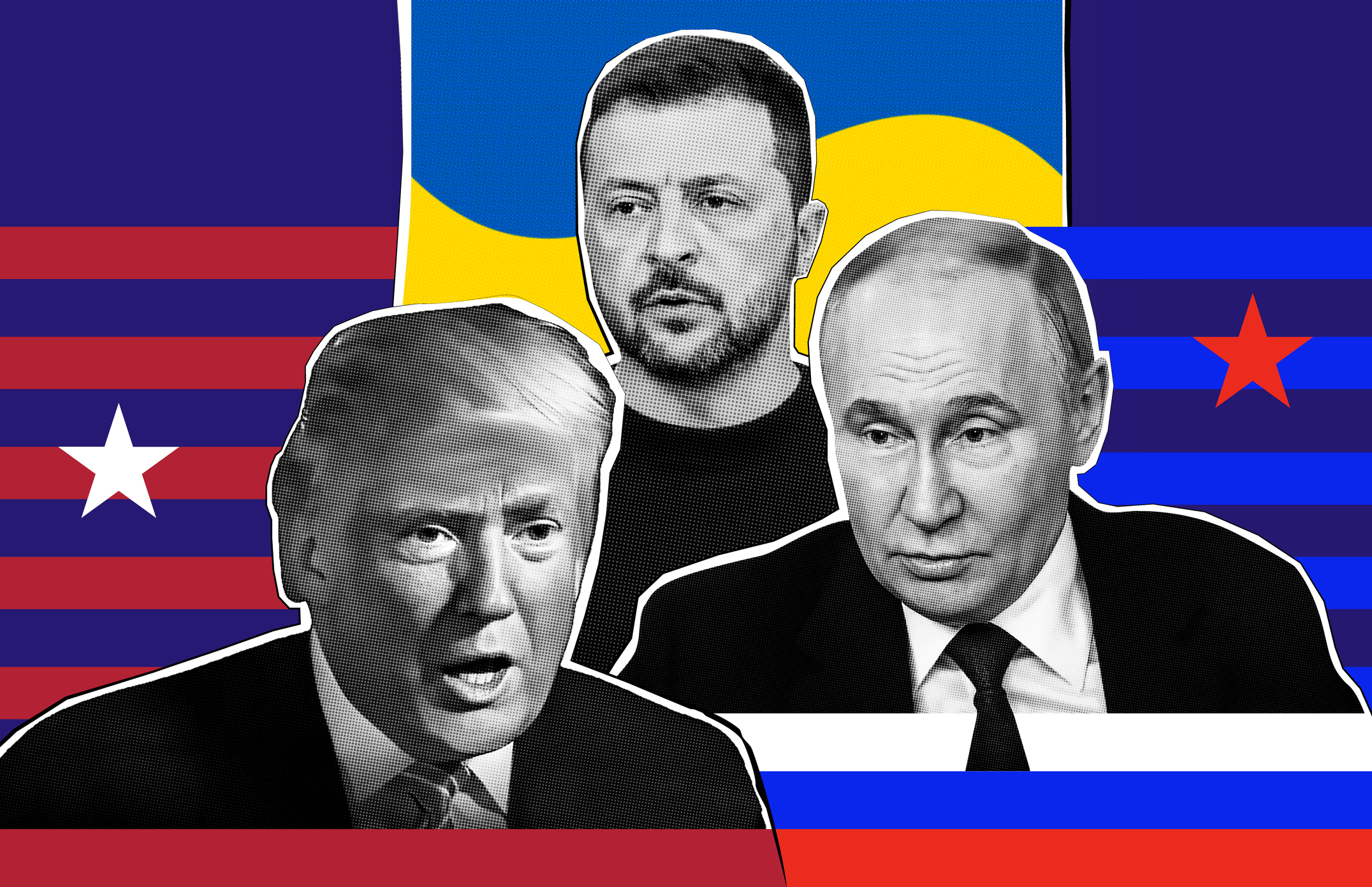Escalation Control: The Challenge and Opportunity for Trump 2.0
Escalation control is always important when engaging in conflict.
But there is no escalation control if you don’t know your objectives or the end state toward which you’re directing lethal force when engaged in conflict.
When engaged in conflict with a nuclear power, there is the added incentive to understand that there is never only conventional armed conflict.
There is always the specter that nuclear weapons will be used and the uncertainty with regard to the adversary’s red line.
But, with the Ukraine War, Western nations have totally outsourced escalation control. They have ceded deep-strike missile attacks in Russia to Ukraine’s currently unelected president, Volodymyr Zelenskyy. His term expired this past May, with martial law precluding a further election. Even while the U.S. and its allies outsourced unchecked escalation to this guy, they did so without any U.S. or European leadership clarifying Western objectives.
This is the height of political irresponsibility and defies the logic of strategists such as Herman Kahn, Zbig Brzezinski, and President Reagan, all of whom were brilliantly focused on understanding escalation dynamics in the nuclear age. This bi-partisan team of very smart “thinkers about the unthinkable” studied how to manage a kinetic crisis from the standpoint of trying to understand the adversary and how to get to an end state that both could live with.
But now we seemingly have no leaders in the Biden administration’s National Security team who understand any of this. They are risking innocent lives with scant consideration for their interests.
The new Labor Government leading the UK has provided Ukraine with weapons, such as the long-range Storm Shadow missiles that can strike deep on Russian soil. However, at the same time, and without any sense of irony, the UK has cut its own defense capability. Currently, UK leaders cannot deploy a force as large as the one that North Korea sent to Russia. Tragically, this is all part of the US encouraging long-range strike technology on an escalation ladder inside Russia, something now built without any brakes.
Then there is President Macron, who recently unleashed French strike missiles. He’s made it clear that even if Putin uses a nuclear weapon, France’s nuclear arsenal is to be used to defend French territory. For him, there are “no red lines” in Ukraine. He only asked that Putin “be reasonable.”
Good for him, but it does not really matter about his red line, for it really puts the ball in the Russian court and the combat world of Putin’s authoritarian partners.
And of course, are we supposed to believe that Zelenskyy cares about the American interest?
Outsourcing escalation to anyone, let alone an unelected leader, is never a good idea. Nevertheless, the Biden administration has blazed a path with its new notion of crisis management—outsource it to your non-democratic partner and hope for the best.
Thankfully, Donald Trump “47,” aka Trump 2.0, is soon coming to power. Trump critics are playing their own version of the saying that generals fight the last war. In this case, administration critics are focused on attacking Trump “45” (ver. 1.0). However, the new version has changed dramatically with the 2024 election, especially since Trump is poised to introduce a highly capable team.
The people Trump has assembled seem to be the only deep thinkers in the game when it comes to focusing on escalation management.
Donald Trump took a bullet to earn the right to lead America, and he’s certainly also earned the right to bring peace to a potential NATO versus Russia conflagration. It makes one ask where the European leaders are who will joint Trump in the real world and face the reality of conflict termination.
The last time Europe faced war in Crimea, it did not work out that well. (Think: Tennyson’s “The Charge of the Light Brigade.”) Finding an end state to that war was not a bounding success in the mid-nineteenth century. It seems as if Europe is trying to match that tragic record.
The big question, then, is who will show up next to Trump to establish a NATO escalation control policy? Or are we witnessing the effective end of NATO as a credible alliance capable of making decisions about managing confects with authoritarian powers?
Despite the cottage industry of endless analysts who write about the Trump threat to NATO, it is like the famous Pogo cartoon: I have met the enemy, and he is us.
Don’t blame President Trump for working to end the Ukrainian conflict; rather, blame those who have lost sight of any notion of controlling a very possible escalation in this second nuclear age.
It’s ironic, really, that in our youth, it was the Democrat party singing, “All we are saying is give peace a chance.”
This was first published on American Thinker on 24 November 2024.
Credit graphic: ID 344770196 | Trump Putin © L9871456 | Dreamstime.com

